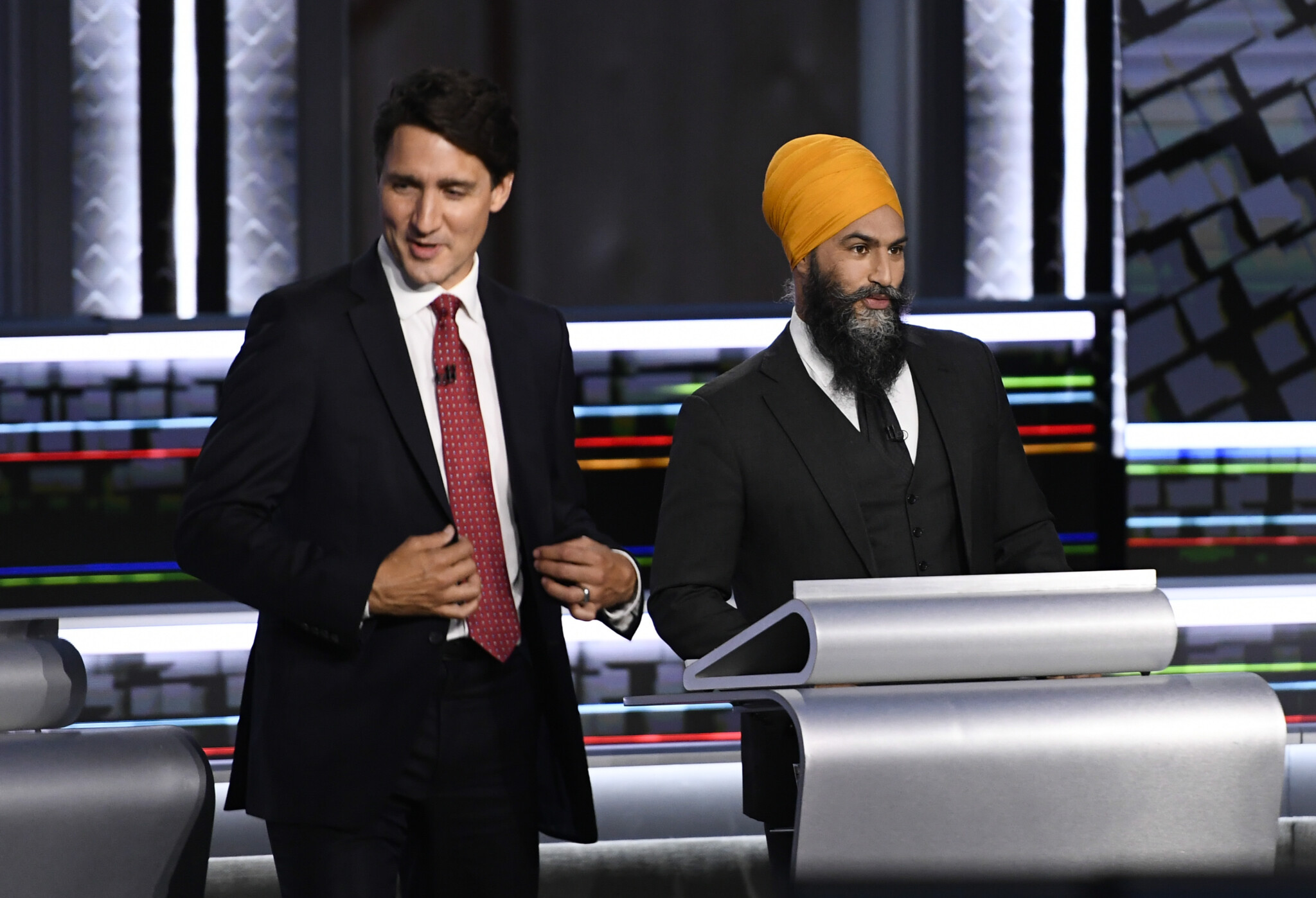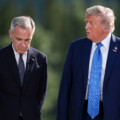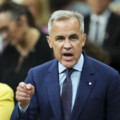NDP incompetence has allowed Canada’s Liberals to govern as though they hold a majority of seats in the House of Commons since 2015. To be fair, for four of those years, they did. But since 2019, the Liberals have been reduced to a mere plurality, even as their standing in the polls has dipped far below that, a circumstance that should have forced them to compromise with other parties to pass legislation and make change.
History should dictate that as an ostensibly centrist party, the Liberals would team up with Conservatives as frequently as they would negotiate with New Democrats, and even partner with the separatist Bloc Quebecois on matters of occasional alignment.
But Trudeau’s Liberals have been different from their partisan forebearers in two key ways: 1) they learned that moving Left and making overt political propositions to progressive voters, thus winning over potential NDP supporters, was a faster path to more votes than trying to win over Conservatives; and 2) their own core ideology has been growing far more ideologically left-wing, not just on the economy but on crime, drugs, and foreign policy.
Trudeau’s Liberals realized early on that they didn’t need a technical majority, and they didn’t need to compromise. All they needed was to occasionally help the NDP pretend to negotiate for support, and in exchange, the Liberals would both achieve their legislative agenda unopposed and marginalize the NDP electorally.
This can make the political status quo confusing. No rational political party operating in a Westminster system would behave this way. But the federal NDP (unlike some of their more savvy provincial counterparts) are not rational, and they either don’t know or don’t care, that Canada’s electoral system doesn’t grant them the political rewards a European coalition-friendly system would.
In 2022, the Liberals, not believing their luck and looking to go all-in, decided to formalize their incredibly convenient arrangement by signing a supply and confidence agreement with the NDP. Surely the NDP took that opportunity to drive a harder bargain? Evidently not. The announcement allowed the Liberals to make clear to Canadians that they weren’t terribly concerned with or humbled by their weak mandate (power’s power, right?) and allowed the NDP to try to fool their remaining supporters into thinking they still had any political ambition. In other words, nothing changed, and the Liberals took great comfort in their good fortune.
But in the meantime, Canada broke.
Inflation crept up rather quickly. Housing, food, and gas became too expensive for even middle-class Canadians to afford. And on top of that, nothing seemed to work. Airports were crowded, transit was a joke, and crime shot up in urban centres across the country. While the Liberals finagled a false majority, and the NDP decided what to pretend to pressure them on, the Conservatives elected a new leader, and he got to work.
When Pierre Poilievre realized that his message was resonating not just with disappointed Liberal voters but with NDP voters who saw no difference between Singh and Trudeau, he went for the jugular. First, he cast Singh as a sellout for teaming up with the government that had created the economic mess Canada was in, goading him into breaking the formal deal. Then, he pivoted to calling him a “stuntman,” portraying the breaking of the deal as a meaningless stunt, backed up by an incredulous parliamentary press gallery who hammered Singh to explain how and when he’d actually vote against the government.

Conservative Party Leader Pierre Poilievre speaks at a press conference on Parliament Hill in Ottawa on Thursday, Aug. 29, 2024. Patrick Doyle/The Canadian Press.
So, while the Liberals deserve credit for their bold move to take the NDP out of political contention, it has only served to make Poilievre’s job of tying bad outcomes to his opponents more efficient, serving themselves and their pseudo-coalition partners up on a silver platter. This has allowed Poilievre to focus on his new electoral coalition as his adversaries are falling further out of touch with the political moment.
This isn’t to say that any Conservative leader could have achieved this political realignment. Poilievre realized what his predecessors didn’t—that the Liberal/NDP fixation on the culture war, their obsession with failed experimental drug and crime policy, their injection of DEI and ESG into every aspect of government, and their seeming disregard for their own country, was becoming alienating to working-class voters.
Not only that, but their associated economic approach (or lack thereof) had nothing to say to lower-income Canadians who understood that inflation is a tax on the poor and that out-of-control immigration is suppressing their wages. This has meant that while public sector union boss support has been for sale to whichever hyper-progressive political leader can promise them more profligate spending and cultural Marxism, the Conservatives have been gobbling up support from private sector union members who want to keep more of their paycheques and don’t hate their country.
The NDP has had a path to greater political success since the country went sideways, but they refuse to take it. They haven’t differentiated themselves from the Liberals who take advantage of them, and they haven’t had anything to say to potential supporters who might be open to a left-wing populist alternative. Despite last week’s bluster, there’s no reason to believe they’re going to start now.









